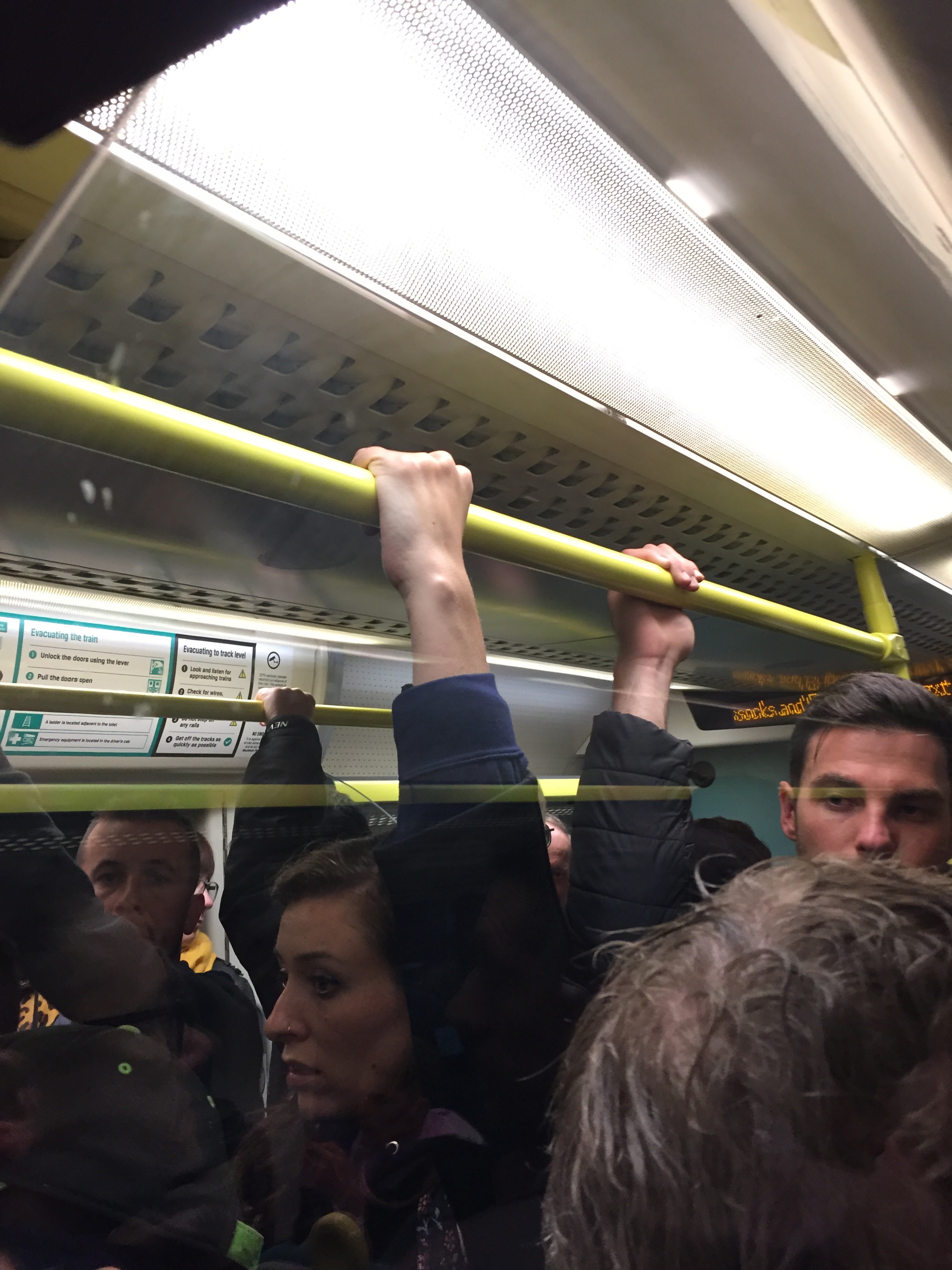A group representing disgruntled commuters has been given a High Court date to go head to head with the government in the row over Southern Railway.
The Association of British Commuters (ABC) will seek a judicial review of the Department for Transport’s conduct next week.
The permission hearing is due to take place in the Adminstrative Court – a branch of the High Court – on Thursday 29 June.
The ABC has set up a crowdfunding page to raise money for the case at https://www.crowdjustice.com/case/southernfail.
A first attempt to hold the Department for Transport (DfT) to account in court was turned down by a judge.
The ABC said: “The hearing will finally bring the principles of the case out into a public arena and could be the gateway to making permanent changes in UK rail as well as finally achieving justice on the Southern Rail crisis.
“The grounds of the case were first submitted to the court back in February and could be precedent-setting in two main areas – government accountability around transport policy and equality of disabled access to UK rail.
“ABC’s judicial review is supported by the disabled and older peoples’ charity Transport for All which has now written two letters to the court in support of the case.
“They seek to contribute the benefit of their 20 years’ experience advocating for equal access rights to transport as well as many witness testimonies of breaches of the Equality Act on Southern Rail.
“The news will be welcomed by thousands of ABC’s supporters who have been waiting over four months for a sign of whether the case will proceed.”
The row centres on the decision by Southern not to employ guards on its new trains. They have been given new contracts and a new job title – onboard supervisor.

Guards had responsibility, among other things, for closing the doors of a train before it left a station. The new trains have been configured so that the driver, using CCTV, closes the door.
It also means that trains need not be cancelled if there is no guard available, improving the reliability of services.
But the RMT union fears that it also puts jobs at risk, reduces safety and makes train travel less reliable for disabled passengers. It would also erode the union’s power as the prolonged dispute over the past year and a half appears to demonstrate. Southern disagrees.
The train drivers’ union ASLEF has agreed terms with Southern – part of the Govia Thameslink Railway (GTR) business – but the union’s members have voted down the deals.
The new set up – known as driver-only operation (DOO) – is widely used across the network already, on Thameslink trains, for example, and on the London Underground.
Train operators are keen not only on the potential to improve service reliability offered by driver-only operation but also the potential to reduce costs. Southern said that it would protect the jobs of existing staff for the duration of its agreement with the DfT.
A report by government-appointed industry expert Chris Gibbs was commissioned about a year ago. It has been with the DfT for some time but has not yet been published.
The Times newspaper has suggested that the Gibbs report is critical of officials at the DfT.
Transport for All welcomed the news that the issues would be given an airing in court next week.
Campaigns and outreach officer Catherine Smith said: “It’s shameful that disabled passengers have been allowed to bear the brunt of Southern Rail’s failures.
“We have the same right to travel as everybody else but GTR’s management has left many disabled people locked out of our rail network.
“This case is a fantastic opportunity to ensure that disabled people’s voices are heard – and to ensure that our railways are accessible to everyone.”
Bradley Rees, from the Association of British Commuters, said: “We are outraged by the implications of the initial refusal of permission and more than prepared to argue our case.
“If the people who’ve been the main victims of the Southern Rail crisis ‘lack standing’, isn’t this paramount to saying that members of the public do not have the right to challenge the government on decisions that are harmful to their family lives and livelihoods?”
Fellow campaigner Summer Dean said: “Our court date on (Thursday) 29 June will be the most important day yet in our campaign and still seems the only chance any of us have of bringing this never-ending rail crisis to a close.
“Passengers are the only people who still don’t have a voice in this fiasco and many thousands of them support us in our efforts to reveal the truth behind the DfT’s involvement in Southern Rail.”
Emily Yates, also from the ABC, said: “With half of our case being based on the issue of the government’s unreasonable delay in acting on Southern Rail, the irony is that our case has only got stronger in the four and a half months it has been under consideration.
“This case has already been delayed beyond any of our expectations and it is now long past time for us to meet the DfT in court.”








